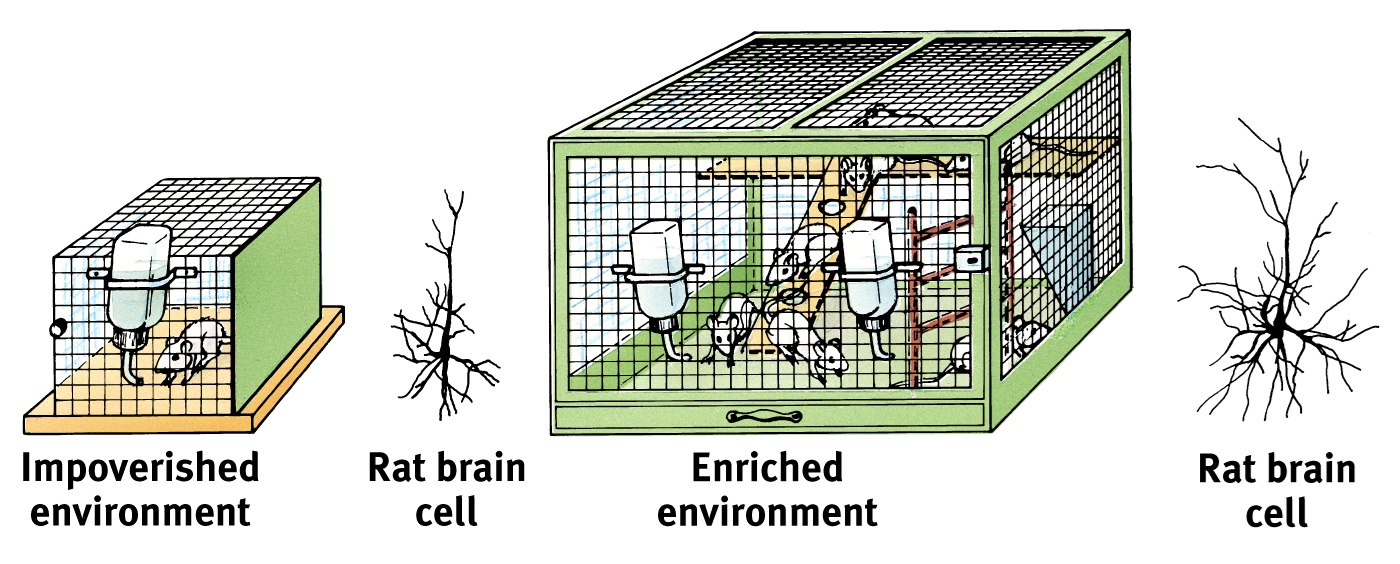Key Debates in Developmental Psychology: Nature vs Nurture
1/9
Earn XP
Description and Tags
Week 2-b
Name | Mastery | Learn | Test | Matching | Spaced |
|---|
No study sessions yet.
10 Terms
Empericism - John Locke 1600’s
-Birth: human mind is a ‘tabula rasa’ (blank slate)
-> filled through learning and experience
-> experience and learning shapes your thoughts, behaviours and personality etc.
Nativism - Rene Descartes - 1600’s
-Human behaviour is innate
-Humans born with some aspects of knowledge, i.e. intuition about God
-Humans born with knowledge about what it is to be human
-Inspired by Greek philosophy: Plato
Interactionism
Proposes that behavior results from a combination of both nature and nurture.
Highlights the complexity of human behavior and the need to understand the contributions of both factors.
Empirical Evidence Nature vs Nurture
Twin studies show higher concordance rates for traits in MZ twins compared to DZ twins, indicating genetic influence.
MZ twins reared together have an IQ correlation of .86, while those reared apart have .79, suggesting both genetic and environmental factors.
Environmental influences, such as socioeconomic status (SES), significantly impact IQ and behavior.
Gibson & Walk Depth Peception Study
Hypothesis: infants born with innate depth awareness
“Visual cliff experiment”: infants separated by mother by clear glass giving illusion of a deep hole
Participants: 6-months old infants who had just begun to crawl without previous experience of falling off a flat surface into a deep space
Result: infants would not crawl over illusionary cliff
Critique:
Infants in the study already 6 months old.
They may have experienced aspects of depth perception that the parents / researchers were not aware of
–> cannot be sure if depth perception is purely innate.
Due to the critique this study cannot prove it’s nature
Nurture: Early life experiences
Seminal study by Rosenzeig et al. (1972) reveals importance of stimulating context: enhance brain development & connectivity

IQ Heritability
Historical context includes Binet's IQ test and its controversial ties to the eugenics movement.
Studies show that IQ is influenced by both genetic and environmental factors, with heritability coefficients varying by population.
Genetics and Heredity
Genes and chromosomes play a crucial role in determining physical traits and behaviors.
Epigenetics explores how environmental factors can modify gene expression, impacting traits like obesity.
Genain Quadruplets
The Genainquadruplets (born in 1930) are a set of identical quadruplet sisters.
•
All four developed schizophrenia, suggesting a large genetic component to the cause of the disease.
•
Critique: Later discovered abuse during upbringing
-> degree of schizophrenia
proportionate to degree of abuse
Does this support a nature or nurture account?
Epigenetics
Epigenetics: Interaction between genes and environment at cellular level
Expression of genes modified by environmental factors
Genes are responsible for the production of PROTEINS in cell bodies
Environment may influence if proteins +/-activated